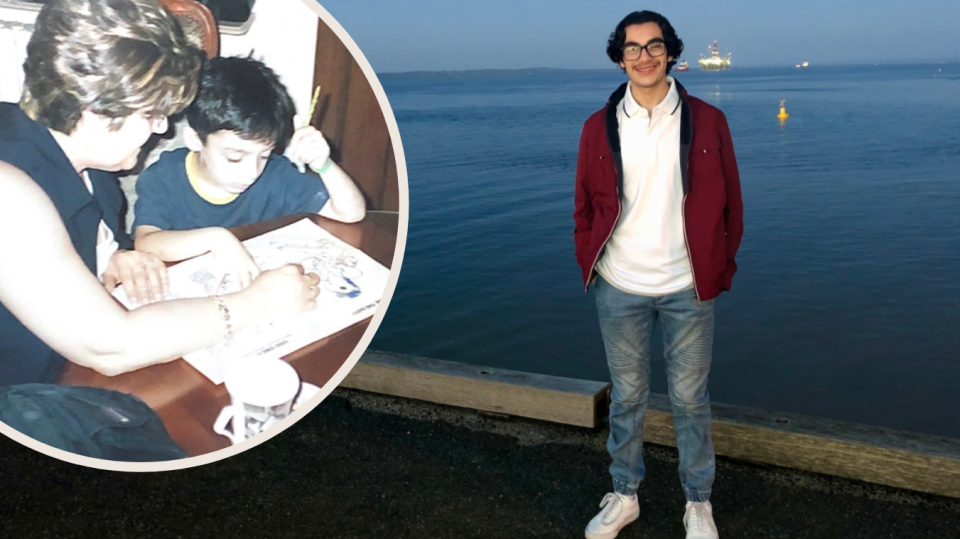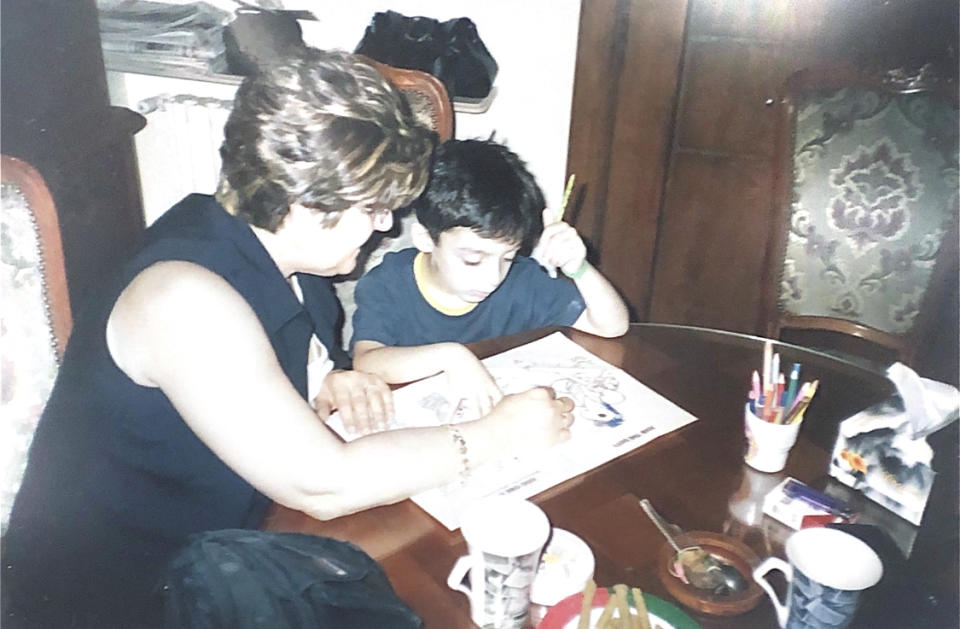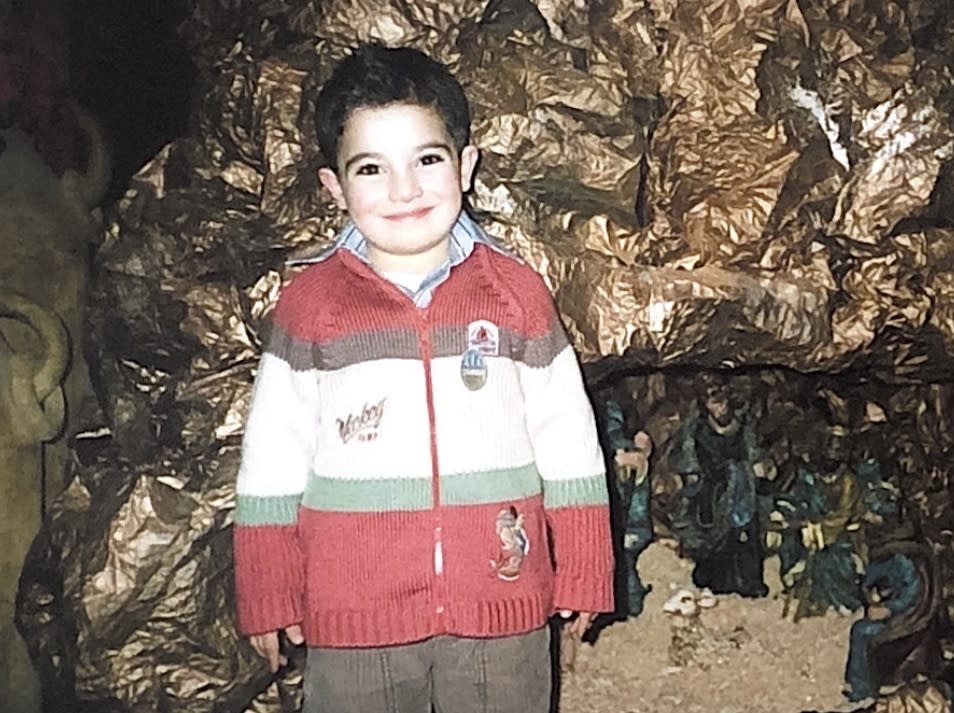Meet the teen Syrian refugee taking on the makeup industry

When the CEO of skincare company Clarcias, Fadi Abo, was five years old, he would head out of home and walk down the street to a spot where he would sell his drawings for 10 or 20 cents.
The A4 drawings of great tall skyscrapers, corporate offices and businessmen were at odds with his Damascus life, but Abo was fascinated by the cityscapes.
“I really had a passion for that,” he told Yahoo Finance. “I loved to do anything in the entrepreneurial spirit.”
Today, at 17 years old, that entrepreneurial spirit remains, with Abo now the CEO of skincare and beauty company Clarcias.
The retailer has a focus on sustainable products, after Abo launched the business at 14 in his bedroom.
“I’ve always been really interested and had a great passion for hygiene and skin care and tooth whitening and I really wanted to deliver something with my business that included three collections which people sometimes have a hard time finding and trusting,” he said.
And it’s busy: Abo said the business is nearing seven figures in turnover after growing 420 per cent in the last year. That’s all being reinvested into the business with a big focus on marketing, he said.
That’s meant he’s up at 5am every morning checking orders and contacting his team before heading to school and taking calls between classes.

However Abo believes his childhood has helped him adapt and empowered him to “become successful and strong”.
“In my case I was lucky to realise at a young age that I can have this independence and run my own company, even though it might have been at a young age and it would have been different to social norms but I was able to become successful,” he said.
“In Syria we did experience a lot of hardships with the war, it was very difficult. I had a few encounters myself... which have really impacted me but I like to take the positives out of this and instead… I like to say that it empowered me to prioritise the things that need to be prioritised and that gives me a different outlook on life.”

According to research from Australian settlement agency AMES, refugee-run businesses have proven resilient during the Covid-19 downturn.
An audit of small businesses found refugees had opened more than 300 in Sydney and Melbourne over the last two years, and were outperforming other businesses.
The AMES survey found 11 per cent of these businesses stopped trading or saw turnover fall by 70 per cent during the Covid-19 downturn. At the same time, two-thirds of businesses across all sectors reported taking a major revenue hit.
AMES said refugee-run businesses cited lower costs and an ability to adapt as reasons for their resilience.
“The ABS and the OECD have produced research that shows refugees are incredibly entrepreneurial and have a resilience that comes from surviving difficulty,” AMES Australia CEO Cath Scarth said.
Research from the Centre for Policy Development and Open Political Economy Network released last year also reported that refugees are the entrepreneurial migrants and open businesses at nearly twice the rate of the general population.
It found that supporting refugees in Australia to start new businesses would result in nearly $1 billion extra added to the economy within a decade.
“Despite the lack of support currently available, refugees who start businesses generate a higher median income from their businesses than Australians in general. Some start businesses due to necessity; others after identifying an opportunity that locals have missed or translating previous experience to an Australian context,” the Refugee Council of Australia said.
Follow Yahoo Finance Australia on Facebook, Twitter, Instagram and LinkedIn.

 Yahoo Finance
Yahoo Finance 
